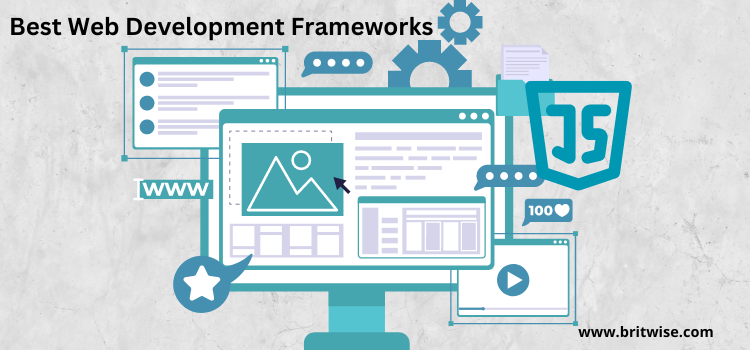Web development is a rapidly evolving field, with new frameworks and technologies constantly emerging to improve the speed, efficiency, and functionality of web applications. As we head into 2023, there are a number of web development frameworks that are poised to become the go-to solutions for developers looking to create high-performance web applications. In this article, we’ll take a look at the 10 best web development frameworks for 2023, based on their popularity, functionality, and versatility.
1. React.js
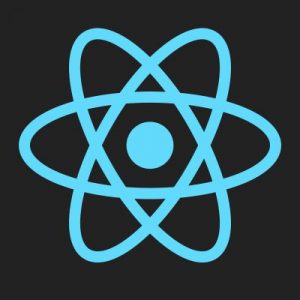
React.js is a popular JavaScript library that is used for building user interfaces. It is maintained by Facebook and is an open-source project. React is used by many large-scale websites such as Facebook, Instagram, Netflix, and Airbnb. One of the main advantages of React is that it uses a component-based architecture, which allows developers to create reusable UI components that can be used throughout the application. React is also known for its performance, as it uses a virtual DOM to minimize the number of updates required to the UI.
2.Angular
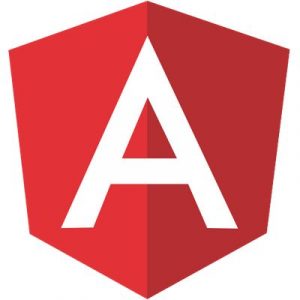
Angular is a full-featured web application framework that is developed by Google. It is used for building dynamic and scalable web applications. One of the main features of Angular is its use of TypeScript, which is a superset of JavaScript that provides static typing and better tooling. Angular also provides a powerful set of features, including dependency injection, directives, pipes, and observables, that make it easy to build complex applications.
3. Vue.js
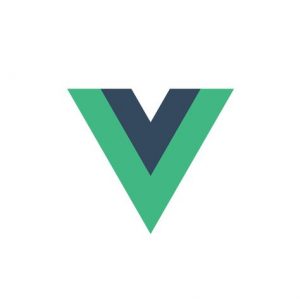
Vue.js is a lightweight JavaScript framework that is used for building user interfaces. It is designed to be simple and easy to learn, while still providing the tools and features that developers need to build complex applications. Vue.js is known for its flexibility, and it can be used in a variety of ways, including as a full-featured framework or as a library for building specific components.
4. Django
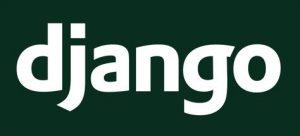
Django is a high-level Python web framework that is designed for rapid development and clean, pragmatic design. It is used by many large-scale websites, including Instagram and Mozilla. Django provides a set of tools and features that make it easy to build web applications, including an ORM for database interactions, an admin panel for managing the application, and a templating engine for generating HTML. Django is also known for its security features, including built-in protection against many common web application attacks.
5.Flask

Flask is a lightweight Python web framework that is designed to be flexible and modular. It is used for building small to medium-sized web applications and is known for its simplicity and ease of use. Flask provides a simple and intuitive API for building web applications, and it can be extended with a variety of third-party libraries and plugins.
6. Ruby on Rails
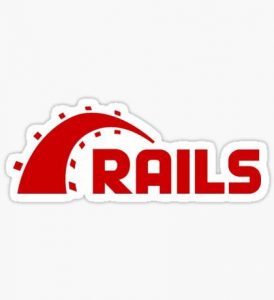
Ruby on Rails is a popular web application framework that is built on the Ruby programming language. It is designed to be simple and easy to use, and it provides a set of conventions that make it easy to get started with web development. Ruby on Rails provides a powerful set of features, including an ORM for database interactions, a routing system for handling requests, and a templating engine for generating HTML.
7. Express.js
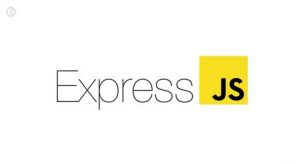
Express.js is a popular Node.js web application framework that is designed to be fast and flexible. It provides a minimal and flexible set of features that make it easy to build web applications, while still providing the power and flexibility needed for more complex applications. Express.js is often used for building APIs and single-page applications.
8. Laravel
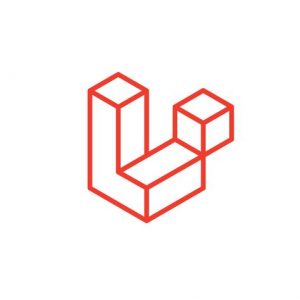
Laravel is a popular PHP web application framework that is designed to be simple and elegant. It provides a set of tools and features that make it easy to build web applications, while still allowing for the customization and flexibility needed for more complex applications. Laravel provides a powerful set of features, including an ORM for database interactions, a routing system for handling requests, and a templating engine for generating HTML.
9. Spring

Spring is a popular Java-based web application framework that is designed to be lightweight and easy to use. It provides a set of tools and features that make it easy to build web applications, while still providing the power and flexibility needed for more complex applications.
10. ASP.NET Core
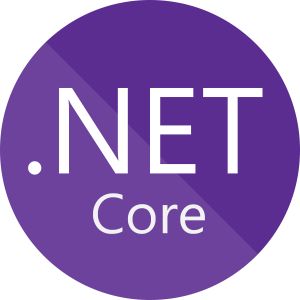
ASP.NET Core is a popular open-source web application framework that is designed to be cross-platform and flexible. It provides a set of tools and features that make it easy to build web applications, while still providing the power and flexibility needed for more complex applications. It is also highly extensible, making it easy to add new features and functionality as needed.
ASP.NET Core is a popular open-source web application framework that is designed to be cross-platform and flexible. It provides a set of tools and features that make it easy to build web applications, while still providing the power and flexibility needed for more complex applications. It is also highly extensible, making it easy to add new features and functionality as needed.

